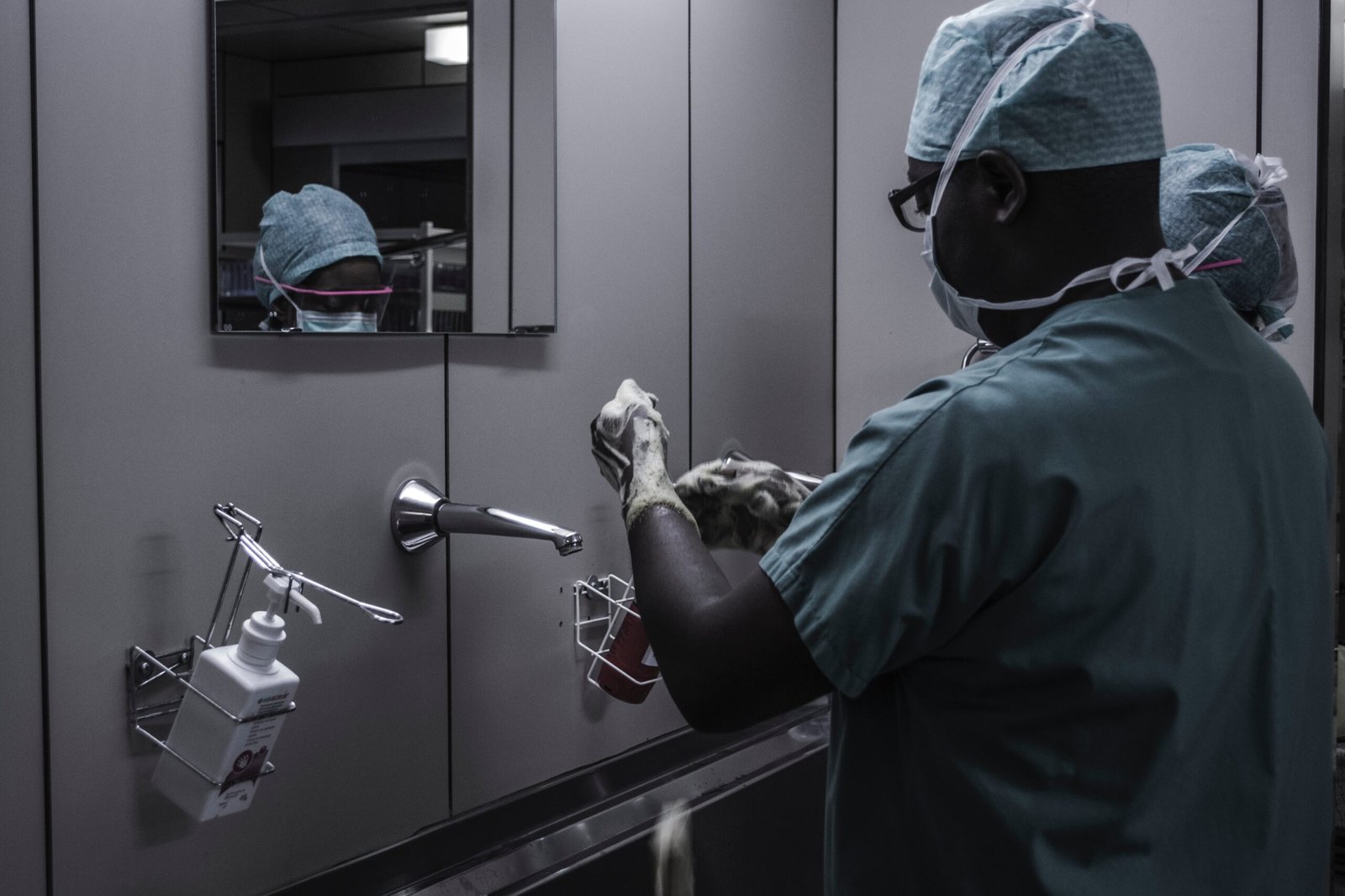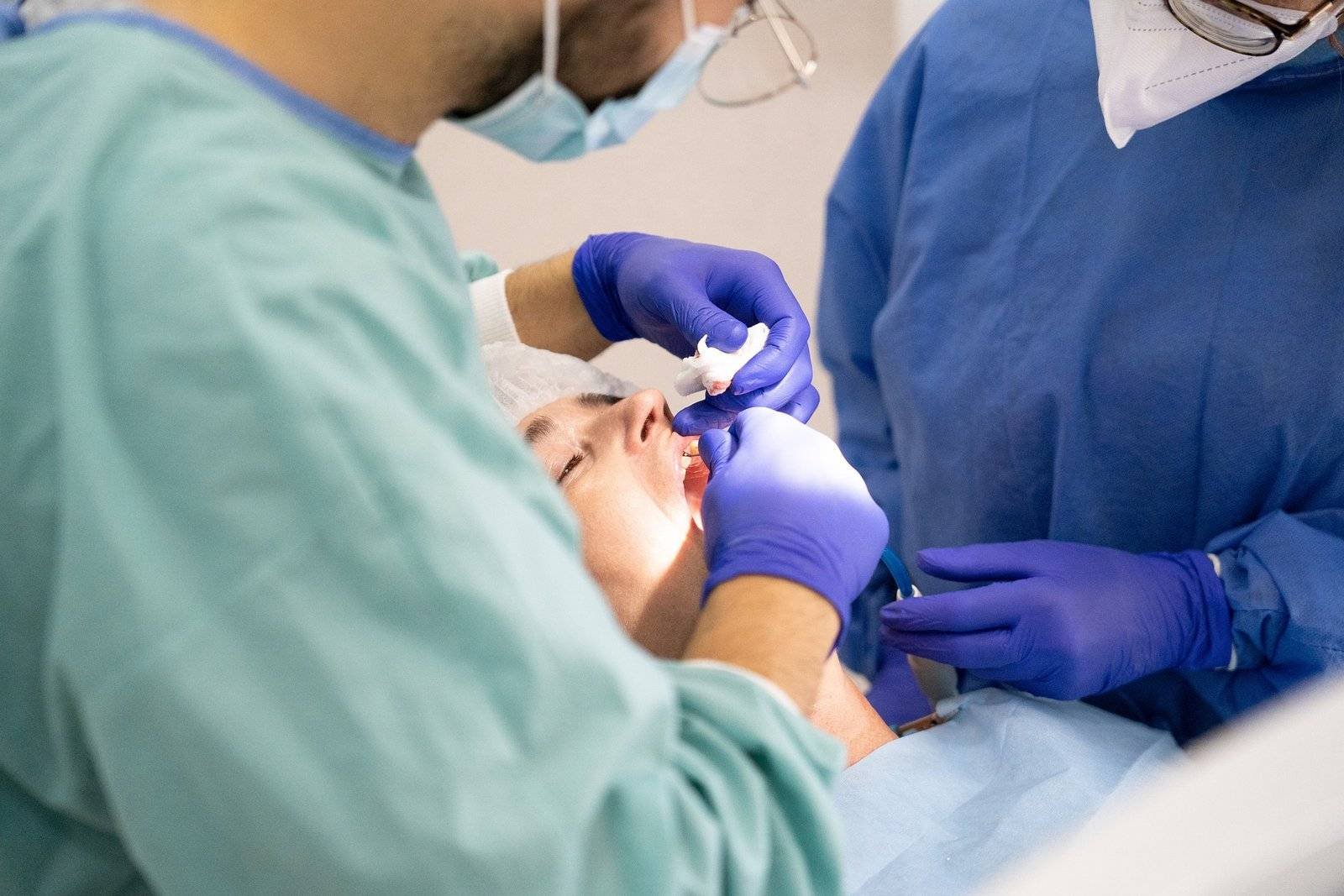
Lack of dental care can appear to be a dead end. However, there is hope thanks to cutting-edge AI technology and its beneficial effects on oral hygiene. The relationship between systemic and oral health is far from perfect, especially for groups of people with little resources or at risk. It’s a problem brought on by several interrelated problems. These shortcomings are further exacerbated by factors including racial and cultural barriers, as well as places with a shortage of dental professionals.
Can AI fill holes in oral health?
Disparities exist in everything from untreated tooth decay to periodontal disease and caries. About 42% of American people have periodontal disease, and just under 8% of them have periodontitis. Between the ages of 20 and 64, over 92% of American adults experienced caries, whereas 26% still have untreated decay. Total caries (untreated and treated) is prevalent in children and adolescents between the ages of 2 and 19; 13% of cases go untreated. The age range with the highest occurrence was 12 to 19 years old (53.8%), followed by 6 to 11 years old (50.5%), and 2 to 5 years old (21.4%). Additionally, compared to other racial or ethnic groups, African Americans and Hispanics have higher rates of periodontitis and dental caries. Disease associations are also seen for individual income levels, education, and “health literacy”.
Consider that the degree of “health literacy” either encourages or discourages the use of the resources that are available to improve one’s health. The good news is that valuable knowledge and effective communication can lead to an improvement in health literacy (for vulnerable groups). The targets: Recognize the “underlying” health issues of the group Use health literacy to inspire action towards better health and preventive care by creating and sharing relevant health content. These objectives for health literacy can be achieved by AI through enhancing patient interaction standardization of care facilitating clinical judgment.
The efficient integration of AI and dental hygiene
You may already be utilizing AI in your daily activities, whether it is through streaming services (like Netflix, Prime, etc.), social media photo recognition, predictive text recognition, internet searches, voice recognition on smart devices, or wearable health monitoring. With a consistent application of AI starting in 2020, dentistry came on board the innovation. Leading physicians are working with machine learning researchers to improve diagnostic precision. radiography, photographs, clinical evaluations, chart notes, etc. measuring and analyzing Creating algorithms to detect periodontal disease, caries, and other clinical problems.
Ai-enhanced software is being used by hygienists to coordinate patient interaction and treatment demonstrations. Countless clinical data points are being used to create algorithms that, in some situations, are more accurate than a single clinician. Since 1985, fundamental standards of care have governed dental hygiene. The Standards for Clinical Dental Hygiene Practise have since undergone changes, and six components of the treatment process have evolved. Assessment Planning, implementation, evaluation, and documentation for dental hygiene diagnostics,
The efficiency and effectiveness of these oral hygiene procedures are increased by AI integration. Furthermore, it is anticipated that using a dental AI dashboard would become standard practice for providing patient care. Patients will have more knowledge.
Decisions about patient treatment will be made after enhanced information delivery, and strategies centered on AI will be followed. With the use of technology, dentists and dental hygienists are bridging the gap between patient-centered care and underlying medical issues while also addressing inadequate health literacy.
How Cutting-Edge AI Technology Will Affect the Future of Dental Hygiene
Future advancements in AI technology are expected to improve oral hygiene. Patients will be able to track their dental health more conveniently and accurately with the help of AI-powered tools like smart toothbrushes, oral health apps, and virtual assistants. These systems can keep tabs on a patient’s brushing behavior, offer them tailored feedback, and kindly remind them of their dental appointments and routines.
AI-enabled apps can help dentists deliver more precise and successful treatments by analyzing patient data to find trends and patterns. A crucial part in enhancing dental hygiene will be played by AI-assisted diagnosis and treatment planning. Imaging and scanning devices powered by AI can identify and diagnose tooth problems earlier, allowing dentists to treat them before they get worse.
better outcomes can be achieved by using AI technology to assist dentists in developing personalized treatment plans based on each patient’s particular oral health data and history.
Additionally, AI-enabled tools like intraoral cameras and 3D printers will streamline dental treatments and improve patient comfort. Intraoral cameras can take high-resolution pictures of patients’ mouths, enabling dentists to see and diagnose dental problems. Additionally, custom-made dental items like crowns, bridges, and retainers can be created using 3D printers, cutting down on waiting times and guaranteeing a perfect fit for patients.
Conclusion
In conclusion, AI technology is revolutionizing the dental sector and enhancing both patient satisfaction and oral hygiene. Patients now have easier access to dental treatment that is easy and tailored to their needs thanks to AI-powered tools like chatbots, virtual assistants, and smart toothbrushes. Dental operations are becoming more accurate and efficient because of AI-assisted diagnosis and treatment planning, which benefits patients. In addition to these advantages, AI technology is also streamlining treatments, decreasing wait times, and enhancing dental workflows. The future of dental treatment appears bright as AI technology continues to progress, and patients may anticipate receiving even better care in the years to come. Though artificial intelligence (AI) technology might enhance dental care, it should not take the place of humans, it is crucial to highlight.
- Tags :
- artificial intelligence
- dentist



